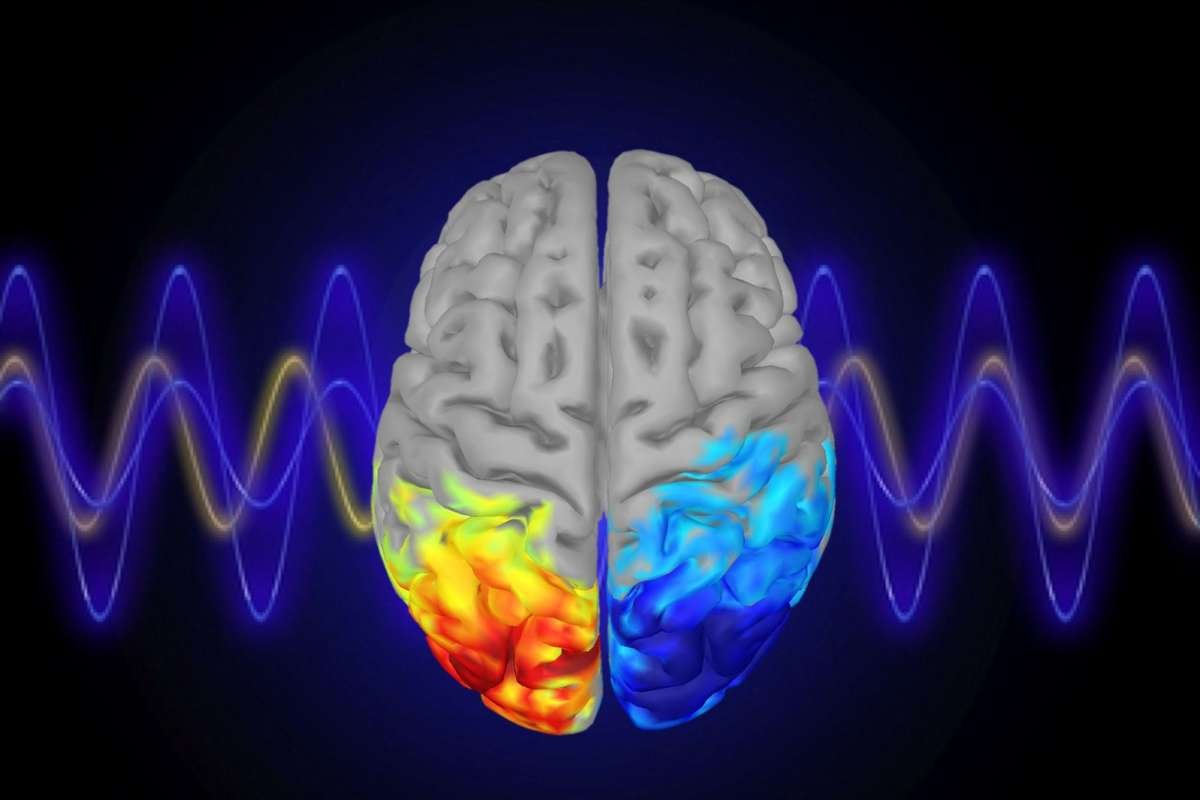Key Points:
- Sleep loss triggers cerebrospinal fluid waves similar to deep sleep maintenance.
- Lapses come with a slower heart rate, breathing, and pupil constriction.
- These waves may protect the brain, but long-term effects are unclear.
A new study has found that brief lapses in attention caused by sleep deprivation coincide with Brain fluid waves flowing out of the brain, revealing a biological process that occurs when people zone out while tired.
Researchers at the Massachusetts Institute of Technology (MIT) in Boston reported that these lapses—common during fatigue—are not simply moments when neurons stop processing external information but also involve large-scale physiological changes inside the brain.
“The moment somebody’s attention fails is the moment this wave of fluid starts to pulse,” said Dr. Laura Lewis, senior author of the study. “It’s not just that your neurons aren’t paying attention to the world; there’s this big change in fluid in the brain at the same time.”
The research, led by Lewis and her colleague Dr. Zinong Yang, aimed to understand how sleep deprivation affects attention and why it can lead to dangerous consequences, such as road accidents caused by drowsy driving.
Monitoring the tired brain
In the experiment, 26 volunteers were monitored using both electroencephalography (EEG) and functional magnetic resonance imaging (fMRI). The participants completed response tests that required them to react quickly to visual and auditory cues. Each person underwent the procedure twice—once after a full night’s sleep and once after a sleepless night.
Performance dropped sharply after sleep loss. Participants responded more slowly or failed to respond altogether during periods of mental lapse. At the same time, brain scans revealed that these lapses were accompanied by brain fluid waves being expelled from the brain, followed by their return a moment later.
The researchers noted that such fluid waves are typically seen during deep sleep, where they help remove metabolic waste accumulated during waking hours. The appearance of these waves in awake but sleep-deprived individuals suggests the brain may be trying to perform maintenance tasks normally reserved for rest.
Physiological signs of shutdown
The study also measured changes in other body functions. The volunteers’ pupils constricted about 12 seconds before the brain fluid waves appeared, and both breathing and heart rate slowed during the lapse. These findings indicate that the brain’s attention failures are closely linked to broader physiological adjustments.
“It’s your brain trying to take a break,” Yang said. The researchers published their findings in Nature Neuroscience on Oct. 29.
Expert reactions
The study’s results drew attention from neuroscience experts across the United Kingdom. Prof. Bill Wisden, director of the UK Dementia Research Institute at Imperial College London, said the findings highlight how profoundly sleep deprivation affects brain function. “It is not clear if these changes in brain fluid flow with sleep deprivation are good and protective in some way or bad and pathological,” Wisden said.
Dr. Ria Kodosaki, a neuroscientist at University College London, described the phenomenon as a structured biological event similar to the onset of sleep. “The lapses in attention are not passive but organized to essentially give the brain a small rest,” she said. “Paradoxical as it may be, these dangerous lapses may be the brain’s way of protecting itself.”
Ongoing research
While the discovery provides new insight into how fatigue disrupts attention, scientists say more research is needed to determine whether these brain fluid waves are beneficial or harmful over time. The findings may eventually help improve understanding of conditions such as chronic sleep loss and cognitive decline.
The study underscores the risks of sleep deprivation and its broader impact on both mental and physical functions. As scientists continue to explore how the brain balances wakefulness and maintenance, the research offers a clearer picture of what happens when we simply can’t stay awake.







